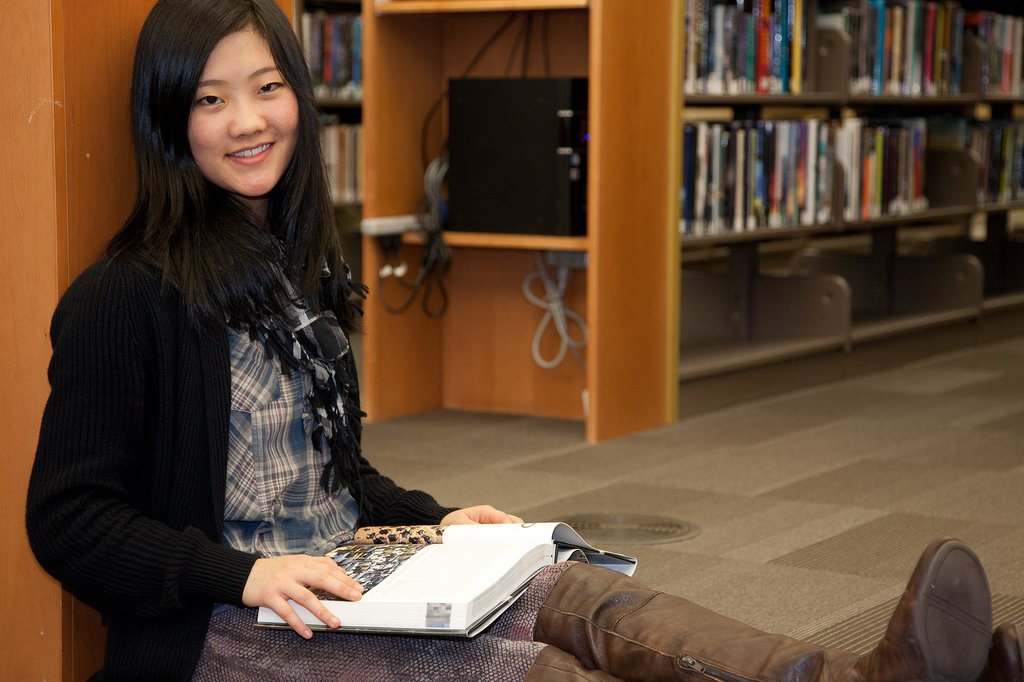
We often like to believe we can do everything on our own. Isn’t this a sign of strength? Determination? Perseverance? Definitely, but there are other times when we really do need others’ help and support more than we’d like to admit. When we are stressed or aren’t skilled at a task, we might need to admit we need others. This ability to ask for help is a sign of strength, not weakness. Here are some tips on how you can ask for help when you need it.
1. Learn to Recognize When It’s Time for Help

The first and most important step to asking others for help is recognizing when you need it—hopefully before a crisis arises! Sometimes our pride gets in the way and we don’t want to admit that we are struggling, but recognizing your signs of stress or when you feel overwhelmed can help you to be proactive in asking for assistance.
2. Find People You Trust

Finding people that you trust can take away a lot of the anxiety associated with asking for help. Figure out who you are willing to be vulnerable with in your life and try asking them for small favors from time to time as practice. You can even establish that openness in your relationship by asking them if they’d be willing to help you out when you’re stressed.
3. Be Clear and Direct

When you’re asking someone for help, whether it’s with a chore, homework, with a conflict, finances or with a mental health condition, it’s important to be as clear and direct as possible. If you can, identify for that person exactly what you need from them as this will allow them to be as helpful as they can.
4. Cultivate a Supportive Environment

Of course, don’t be afraid to return the favour now and again! Let people know that you are willing to help them too, and facilitate an open environment by taking the time to share your feelings with those that you trust. By building a relationship this way, it will become easier to ask for assistance when it seems the most difficult.
Feature image Vancouver Public Library


